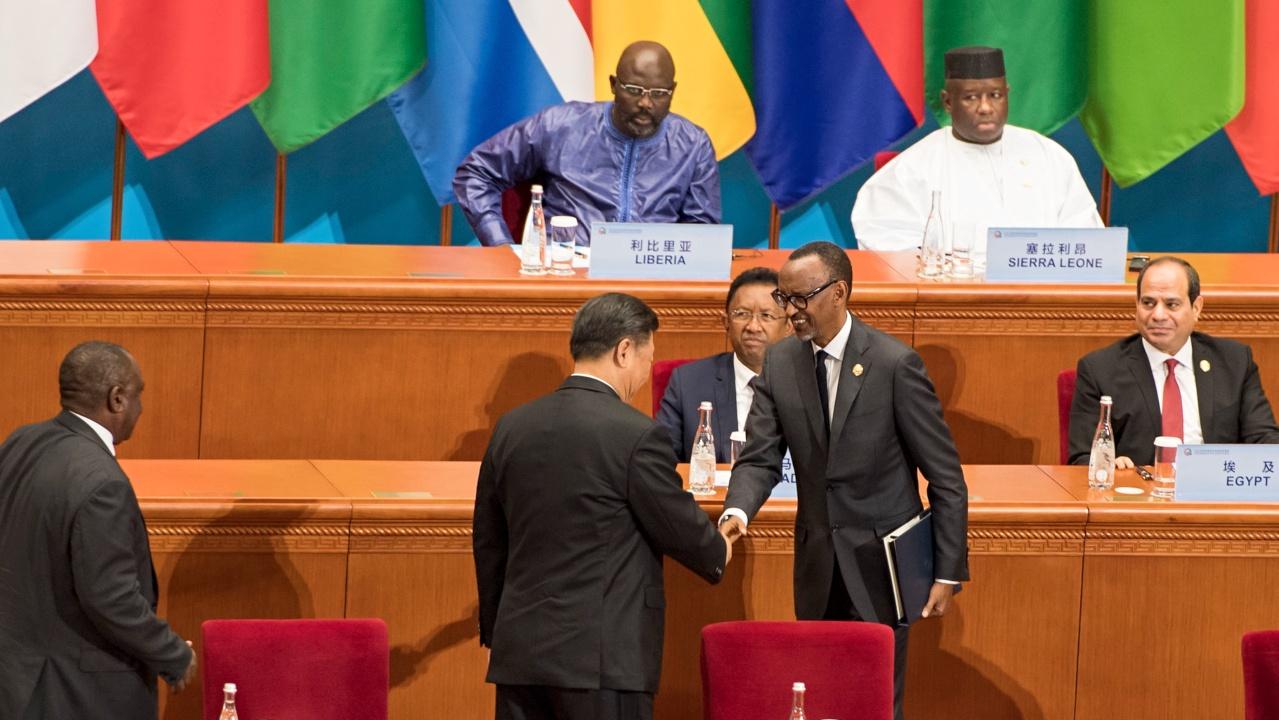The amount of economics research on Africa has steadily increased since the year 2000, but the bulk of research is focused on a handful of countries. The evidence base for policymaking consequently continues to be scarce across much of the continent.
As Africa’s population and many of its economies have grown rapidly since the year 2000, so has the amount of research on African countries by both African and non-African economists. However, while over 27,000 articles on Africa have been published in peer-reviewed economics journals since the year 2000, my new working paper shows that the distribution of research across African countries continues to be highly uneven.
I find that 87% of published economics research articles in all journals are focused on just one third of Africa’s 54 countries. This concentration of research is similar across all sub-fields of economics and across various groups of economics journals. In the top five economics journals, Kenya alone accounts for 28% of all articles on African countries.

What accounts for the uneven distribution of research across African countries? It is perhaps not surprising that countries with larger populations like Nigeria, Ethiopia and Egypt tend to have more research articles about them. But population cannot explain why a group of five countries making up just 16% of the continent’s population (South Africa, Ghana, Kenya, Uganda, and Malawi, henceforth the ‘frequent five’) accounts for 45% of articles in all economics journals and 65% of articles in the top five journals. In comparison, only 3.5% of all articles are about a group of seven countries primarily in Central Africa, which also make up 16% of the continent’s population (Democratic Republic of Congo (DRC), Angola, Chad, Sudan, South Sudan, Somalia and Guinea, henceforth the ‘scarce seven’).
I find that a number of variables affecting the costs of doing research – including the availability of data and the local business environment – are correlated with the number of published articles. Among these variables, three in particular – a peacefulness index, the number of international visitors and having English as an official language – can explain most of the variation in the amount of research across countries that is not due to differences in population. These variables matter for research done both by economists based at African institutions and economists based at non-African institutions, who each account for roughly half of all economics research on African countries.
The need for country-specific research
Is it a problem if most research is concentrated in a handful of low-cost countries? If policymakers needed evidence on the same questions and if research results were not dependent on the local context, then perhaps not. But three pieces of evidence suggest otherwise.
First, I find that the topics of research differ substantially across countries, so there is less evidence available on the topics that matter most to under-researched countries. While the most common research topics in the ‘frequent five’ countries are related to agriculture, gender and health, the most common topics in the under-researched ‘scarce seven’ countries are related to conflict, natural resources and political economy.
Second, because the relatively well-researched countries share certain common characteristics, the results of research from these countries are not representative of Africa as a whole. For example, the average rating of the local business environment by the World Bank is 57.2 in the ‘frequent five’ countries, compared to 48.7 for the continent as a whole and 35.6 for the ‘scarce seven’ countries. Given these differences, it is unlikely that an initiative on entrepreneurship or microfinance would have the same effect in the DRC as results from Ghana might suggest.
Third, I find that over 60% of economics research articles on African countries are focused on a particular local context and do not draw general conclusions or discuss applicability to other countries. If the authors of these ‘context-specific’ articles do not think of their own results as relevant in other, less-researched countries then it is unlikely that policymakers in those countries will either.
The increasing amount of research about African countries being generated by both African and non-African economists is great news. My results suggest, however, that more attention needs to be paid to where in Africa research is taking place. Researchers and their funding agencies – both inside and outside of Africa – should consider prioritising under-researched countries like the ‘scarce seven’. And governments in under-researched countries concerned about the lack of local research can help by working to make it cheaper and easier to obtain and collect data.
Photo by Dollar Gill on Unsplash.





